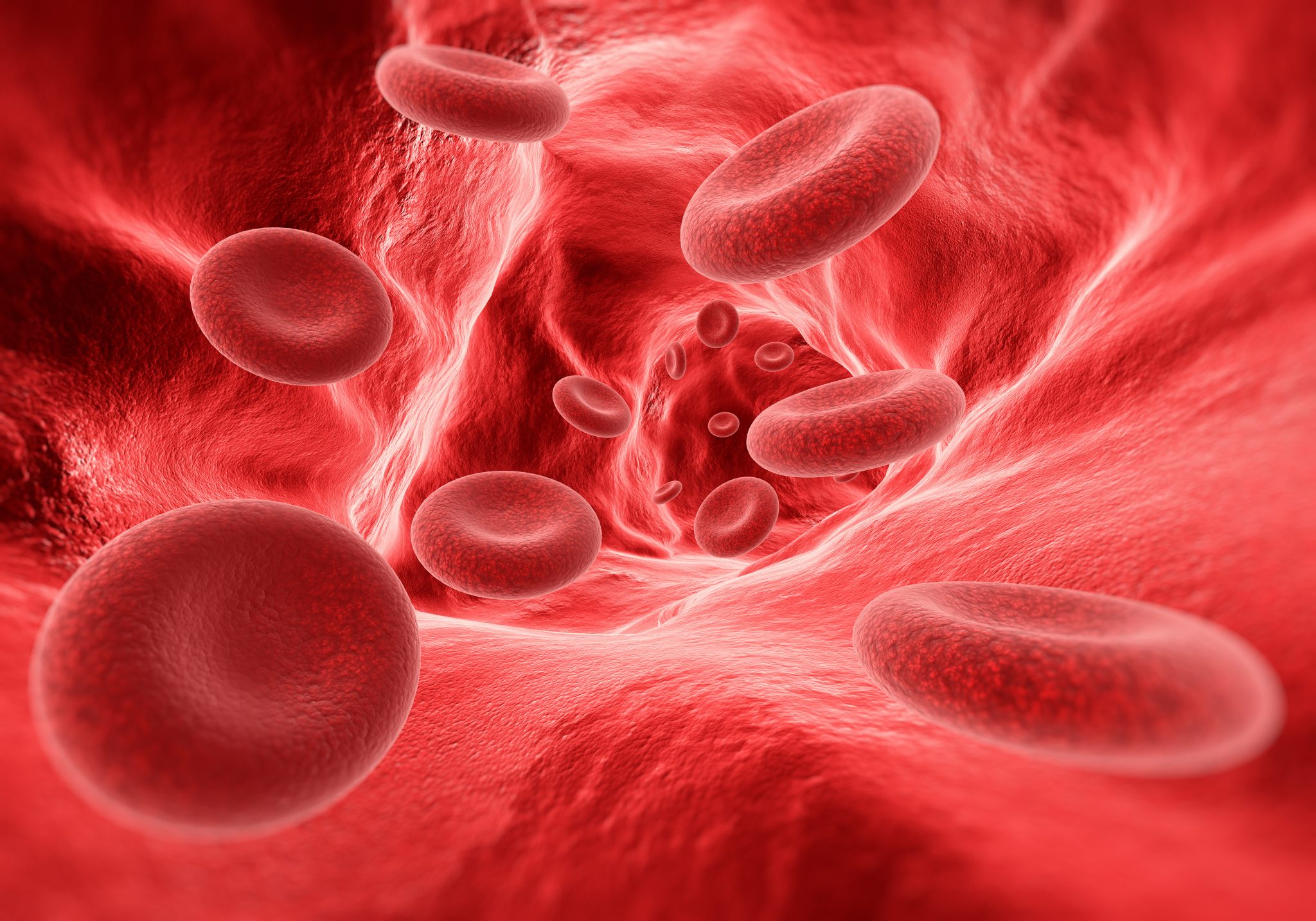Atherosclerosis VS Arteriosclerosis, Know The Difference
Arteriosclerosis is a disease that occurs when the blood vessels fail to circulate oxygen and nutrients in the whole body. The heart pumps blood through arteries that contain essential nutrients. Blood vessels fail because they have become stiff or swollen-causing damage to other organs of the body.
With time, large arteries of the body can become hardened or thick with a disease commonly called the hardening of arteries. Healthy arteries are elastic and flexible, which enables good blood circulation.
Whereas atherosclerosis is a type of Arteriosclerosis. This disease refers to problems caused by fats, high cholesterol, and other substances that block the arteries with plaque. The plaque is responsible for inappropriate blood flow in the body and can trigger blood clotting.
Specifically, atherosclerosis is a disease directly related to heart problems, but it can also cause diseases like varicose veins. There are many treatments available for curing atherosclerosis and the prevention of further chances.
Pathology of Arteriosclerosis and Atherosclerosis
Arteriosclerosis is a disease formed by the failure of blood vessels circulating oxygenated blood in the body. It occurs due to the damaged elasticity of the arteries. At a young age, arteries are flexible, but as age increases, they become hardened and thick. The main reason for the hardened arteries is swollen arterial walls. This disease usually affects the old age group.
Young arteries can hold the turbulence of blood circulation because they are elastic enough to cope up with it. Sports and workout activities raise blood pressure, and healthy arteries manage the high blood flow through the body. As they grow thicker and harder, they get weak and do not resist high blood pressure. Thus, inefficient blood flow causes various diseases related to the heart.
However, atherosclerosis is a fatal heart condition happening because of the deposition of plaque around the arterial walls. The gradual increase in plaque deposits is either because of the high cholesterol or fats. Blocked arteries break down the pressure of blood flow, causing cardiac diseases. Narrowed arteries are unable to circulate the required oxygenated blood in the body.
Atherosclerosis does not have a specific cause. It can occur by multiple plaque depositing factors like obesity, extensive smoking, genetics, and hypertension. High alcohol and cholesterol intake can also initiate the symptoms of this disease.
Symptoms of Arteriosclerosis and Atherosclerosis
Specifically, there are no symptoms of Arteriosclerosis. Even if the disease gets worse and causes atherosclerosis, there are mild or no symptoms shown. It is suggested by doctors to get regular checkups in old age because arteries that are clogged can increase the chances of heart attacks.
Arteriosclerosis is a process of aging, which is why it does not show any signs. The doctors conclude that a patient suffering from Arteriosclerosis is not a patient of atherosclerosis as well. Whereas, a patient suffering from atherosclerosis always has Arteriosclerosis.
Some patients report having unusual dizziness, fluctuating blood pressure, and weak vision. Clotted or clogged arteries cause a lack of oxygen and hence, give you hypertension and severe pain in the affected area. Failing arteries also cause the heart to dysfunction, resulting in strokes.
It is recommended to consult your healthcare provider if you experience unusual chest aching, irregular numbness of arm and legs, blurred vision or improper eyesight, kidney pain, or high blood pressure. If you ever come across these symptoms, consult your doctor for a checkup.
Diagnosis of Arteriosclerosis and Atherosclerosis
Arteriosclerosis and atherosclerosis share the same foundation of science; therefore, the doctors examine the patient thoroughly. After examining the symptoms of the disease, for example, hardened arteries, decreased blood pressure, and a weak pulse, the doctor suggests the patient opt for one or more of the following diagnostic tests:
- Doppler ultrasound
A special ultrasound device is used to measure the flow of blood at various parts of the body. The results of the ultrasound help the doctor analyze the affected area. Any blockages or unusual blood flow can also be measured with the Doppler ultrasound test.
- Blood tests
Doctors will most probably recommend blood tests. The tests will determine the presence of the disease and measure the cholesterol and sugar levels. The blood tests mostly require an empty stomach, so the patient has to fast for 8 to 12 hours.
- Electrocardiogram
Electrocardiogram, also known as ECG, is a device that records the electrical signals traveling through your heart. The ECG can also reveal a previous heart stroke. The doctors may ask you to ride a stationary bike while taking the measurements of an electrocardiogram.
- Stress analysis
To measure the condition of your heart, doctors can make you go through a stress test. This test reveals how well your heart is working. The heart does its best job when you are exercising or running; that’s why this test is taken after a workout routine. If you are unable to do a physical activity, a picture of your heart is taken by an echocardiogram.
Recovery and treatment for Arteriosclerosis and Atherosclerosis
The treatment is followed by healthy diet plans and some lifestyle changes. Sometimes there can also be a possibility of taking medical or surgical treatment. A balanced diet plan can prevent the formation of blood clots.
Medications will be prescribed based on the seriousness of the problem. However, some general medications can prevent symptoms from showing. You need to measure your blood pressure and cholesterol on a regular basis. Any unfortunate sign should be examined by the doctor immediately.
Verdict
In short, Arteriosclerosis is a disease that blocks the wall of arteries due to aging. Whereas atherosclerosis is a medical disorder that damages the lumen of the arteries by plaque deposits. Atherosclerosis is mostly a failure of controlled cholesterol and fat levels in the body. However, Arteriosclerosis is a genetic trend that cannot be stopped or changed.
There’s no special treatment for Arteriosclerosis as it comes from aging and hardening of arteries. Some home remedies can help prevent further symptoms. A good workout routine followed by a balanced meal plan can avoid any future complications. To get proper diagnosis and treatment, schedule an appointment with some of our most skilled specialists at South Florida Cardiovascular Specialists!





